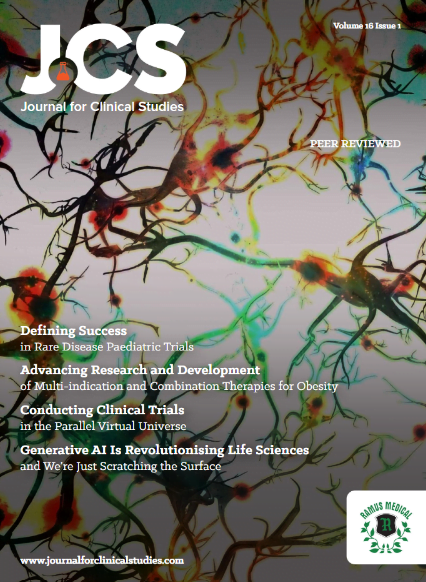Requirements and Best Practices for Assent in Clinical Research
Informed consent requires that prospective participants receive sufficient information about a research study and that they have the capacity to decide about their voluntary participation.1 Paul Appelbaum defines capacity as the ability to understand the information provided, understand the consequences of a decision, make a decision and communicate a choice.2 For those who do not have the capacity to provide consent, the challenge for the research community is how to balance the inclusion of these individuals in research with the requirement to protect those who may be vulnerable to coercion or undue influence.3 In adults, significant numbers of clinical trials are exploring treatments for conditions that are causes of impaired decision-making capacity including neurologic diseases and psychiatric illnesses raising ethical considerations for the inclusion and the protection of these individuals in research. In this paper, we highlight the importance of asking prospective participants, who do not have the capacity to provide consent, for their assent to participate in research. We review the current regulatory and ethical framework for the assent of both adults lacking capacity and children and offer strategies for engaging these potential participants in the assent process.
Is Assent Required of Adults Who Lack the Capacity to Consent? An Ethical Framework
Assent is the affirmative agreement to participate in research from a person who has some ability to understand but is unable to provide legally-effective consent.4 While the United States regulations for human participant research require assent from children who cannot provide consent due to their age, they do not explicitly mandate obtaining assent from adults who lack the capacity to provide consent. Nevertheless, besides the obvious parallel for assent with children, there is support for this requirement in multiple regulatory frameworks, including the guiding principles of the Belmont Report5 and US Food and Drug Administration (FDA) guidance on informed consent.6 The Belmont Report provides three basic ethical principles to guide human participants’ research.7 These principles are Respect for Persons, Beneficence, and Justice. The first principle of Respect for Persons advocates for two ethical convictions, “first, that individuals should be treated as autonomous agents, and second, that persons with diminished autonomy are entitled to protection.” The second conviction is addressed by requiring consent to be obtained whenever an adult participant lacks the capacity to consent. The first ethical conviction is not subsumed by the second; that is, respect is not limited to legally effective consent and decisional capacity is not a binary attribute. Participants without full capacity may fall along a spectrum of capacity and awareness and deserve the respect of engagement as they are able.
Like consent, assent is an ongoing process that may evolve over time. If a participant who was unable to be consulted for assent at the time of enrollment later regains some cognitive ability, the study team should attempt to obtain assent when the participant can be consulted.
The FDA states the following in a guidance document8 on informed consent:
“Institutional Review Boards and investigators should carefully consider whether the inclusion in research of individuals who lack capacity is ethically appropriate and scientifically necessary. Whenever individuals with impaired consent capacity (partial, fluctuating, or complete) are or may be enrolled in clinical studies, ethical and procedural challenges arise. Considerations that may help address these challenges, and provide additional safeguards include: Assessing whether individuals who cannot provide legally effective consent on their own behalf may nonetheless be able to provide some form of oral agreement (e.g., assent) at the outset of the study and, as appropriate, throughout the course of the research (e.g., for subjects with progressive disorders), and how the such oral agreement would be documented. In such a circumstance, a LAR would need to provide documented written consent.”















